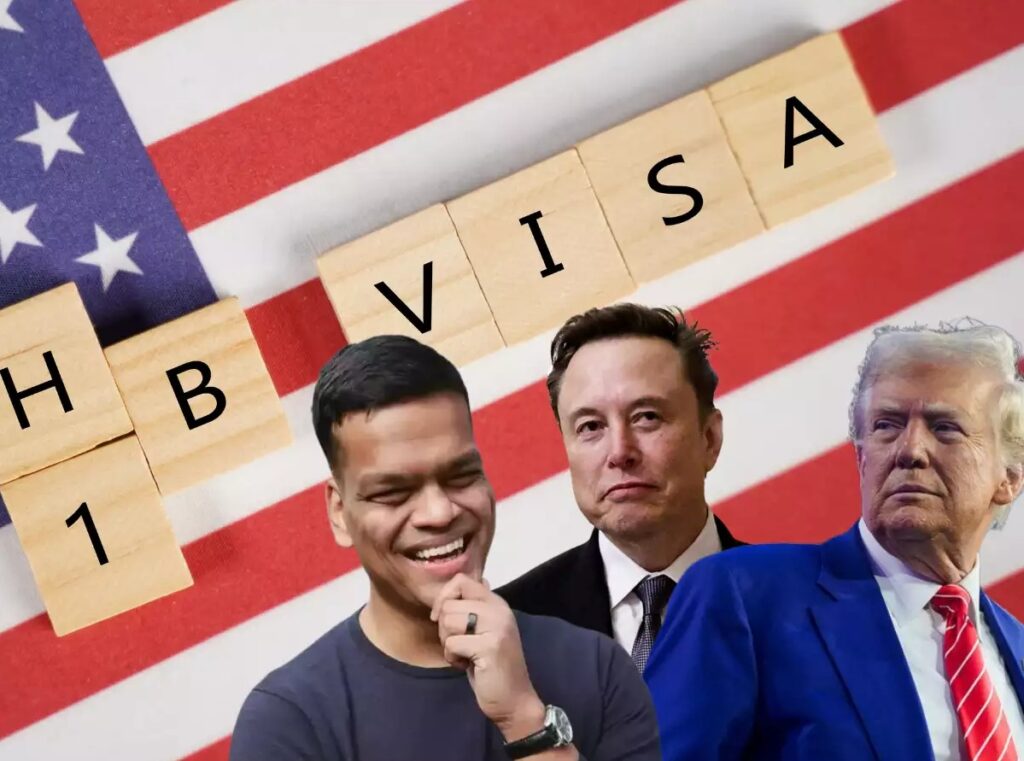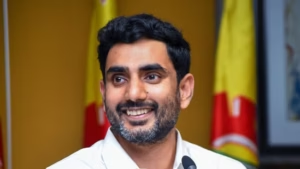
The ongoing divide within the Republican coalition has highlighted the tension between nationalist policies and the demands of a globalized economy. This schism centers around the balance between prioritizing American workers and leveraging foreign talent to maintain the U.S.’s competitive edge in fields such as technology and innovation.
The controversy came to the forefront following far-right activist Laura Loomer’s opposition to the nomination of Sriram Krishnan as White House AI Advisor. Loomer criticized Krishnan, who had previously advocated for removing the country cap on H-1B visas, as being misaligned with the “America First” policies championed by the MAGA movement. However, Krishnan’s role as AI Advisor does not involve H-1B visa decisions, and his past advocacy on immigration policy was largely advisory in nature.
Elon Musk and prominent venture capitalist David Sacks publicly supported Krishnan’s stance on expanding opportunities for skilled foreign workers, further intensifying the controversy. Loomer, accusing Musk of betraying MAGA ideals, even alleged that her X account was shadow-banned by him—a claim Musk dismissed as baseless.
Commentator Charlie Kirk weighed in, suggesting that the conflict was a strategic effort by “smart leftists” to create division within the Republican ranks. He argued that the MAGA movement and the tech world must unite to “save America” and resist these external attempts to sow discord. Vivek Ramaswamy, a prominent figure in the debate and co-chief of the Department of Government Efficiency, echoed Kirk’s sentiment, asserting that U.S. companies prefer foreign workers due to what he described as a lack of ambition among native-born Americans. This statement further fueled the debate, attracting both support and criticism.
Musk, a vocal proponent of skilled immigration, took a strong stance against MAGA activists who oppose expanding opportunities for foreign talent. He labeled critics as “contemptible fools,” expressing frustration with their narrow view on immigration.
Former President Donald Trump, known for his historically nuanced stance on immigration, remained neutral in the ongoing row. However, his past comments underscore his support for merit-based immigration policies. Trump has consistently argued that international students who earn advanced degrees in the U.S. should be allowed to stay and contribute to the country’s development.
As the debate unfolds, it underscores the larger challenge facing the Republican Party: how to reconcile the competing interests of nationalist factions, which seek to protect American workers, and the globalist-oriented technocratic factions, which emphasize the importance of skilled immigration in driving innovation and maintaining the U.S.’s technological and economic leadership.
Recent Random Post:
















